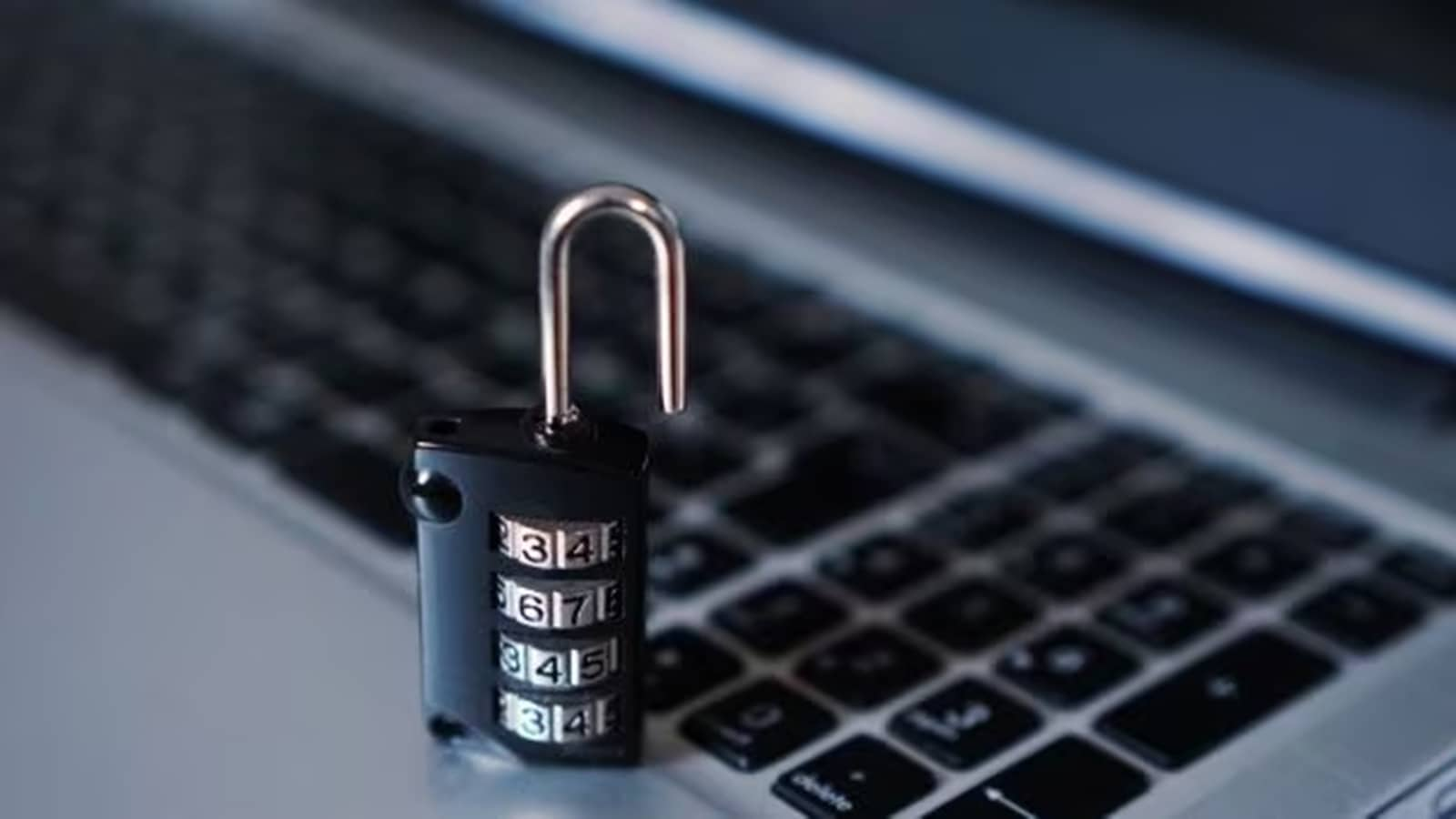Revolutionary Quantum Random Number Generator Enhances Digital Encryption

On May 27, 2025, a remarkable breakthrough in digital encryption technology was unveiled, marking a pivotal moment in the field. Scientists from King Abdullah University of Science and Technology (KAUST) introduced a groundbreaking quantum device specifically designed to enhance the generation of random numbers. This innovation promises to deliver significantly stronger encryption for sensitive information, a pressing need in our increasingly digital world.
The newly developed quantum random number generator (QRNG) boasts an astonishing increase in speed, outperforming existing technologies by nearly 1,000 times. Its compact design makes it particularly well-suited for a variety of applications, including mobile devices, financial systems, healthcare, and defense sectors, all of which require robust encryption to safeguard their operations.
The Role of Random Numbers in Encryption
Random numbers are a critical component of digital encryption, facilitating secure financial transactions and complex simulations. The integrity of digital security is heavily reliant on generating unpredictable sequences of numbers. However, the majority of current methods produce what are known as “pseudo-random” sequences. These are generated using mathematical algorithms, which, while appearing random, can actually be predicted or replicated by skilled hackers if the underlying algorithms are known.
This vulnerability underscores the importance of true randomness in protecting sensitive data from the escalating sophistication of cyber threats. Professor Boon Ooi, who led the research team at KAUST, stated, “This is a significant leap for any industry that depends on strong data security.” The team has effectively addressed these security concerns with the creation of the fastest QRNG to date, making strides towards enhancing digital encryption.
Quantum Mechanics and Encryption
At the heart of this innovation lies the principles of quantum mechanics, which introduce inherent uncertainty into the generation of random numbers. The QRNG captures spontaneous emissions, a process where atoms emit photons without any external influence, thus leveraging the unpredictability of quantum events to produce genuinely random numbers.
To validate its reliability, the QRNG underwent rigorous testing against the stringent benchmarks set by the National Institute of Standards and Technology (NIST). Successfully passing these tests assures that the numbers generated are truly random, providing a solid foundation for digital encryption. Unlike traditional methods that depend on algorithms or specific initial conditions—which can be exploited—this quantum technology offers a theoretically unbreakable source of randomness.
A Compact Device for Enhanced Security
The QRNG utilizes micro-LEDs, which are tiny light-emitting diodes measuring approximately five micrometers (0.0002 inches) in width. Their diminutive size allows for low-power operation, crucial for integration into portable devices. This compactness means the device can be seamlessly embedded into smartphones, tablets, wearables, and various other portable technologies, ensuring that users gain access to sophisticated encryption in their daily digital interactions.
Dr. Abdullah Almogbel, a contributor to the study, emphasized the potential value of this research initiative, stating that it is expected to offer substantial benefits across a diverse range of industries, further solidifying their standing on a global scale.
Real-World Implications of Quantum Encryption
The finance industry, in particular, requires the highest levels of security when handling confidential data and authorizing digital transactions. The introduction of high-quality quantum randomness significantly mitigates the risks associated with cyberattacks and fraudulent activities, thereby enhancing overall security.
In the healthcare sector, where sensitive patient data must be securely encrypted, the repercussions of data breaches can be exorbitant, both financially and in terms of reputation. Implementing quantum-generated random numbers into encryption systems is poised to fortify these protective measures considerably.
Furthermore, military and defense sectors operate under the strictest encryption standards. The confidentiality of operations, intelligence communications, and classified data is paramount. The reliable nature of quantum random numbers greatly reduces vulnerabilities, ensuring that sensitive military communications remain secure.
Improving Personal Privacy with Quantum Technology
Beyond industry applications, quantum-generated randomness has profound implications for personal privacy. Individual users are poised to directly benefit from enhanced encryption on their personal devices, securing everyday communications such as emails, texts, and voice calls from unauthorized surveillance or hacking attempts. As concerns over privacy continue to rise, the integration of QRNG technology into personal electronics can foster higher levels of trust and confidence among consumers.
Strengthening the security of personal data not only protects sensitive information but also reinforces users' control over their digital identities.
Fast, Real-Time Encryption
One of the standout features of this QRNG is its speed. It enables encryption systems to function securely in real-time, allowing for immediate integration of quantum-generated random numbers in transactions, communications, and cloud-based applications. Traditional encryption methods often struggle to keep pace in high-volume or time-sensitive scenarios. In contrast, the QRNG produces numbers at speeds nearly 1,000 times faster, facilitating rapid and secure data exchanges without delays—an essential requirement for applications like high-frequency trading, remote medical diagnostics, or defense communications.
This speed advantage opens the door to broader applications of quantum encryption, enhancing security across various technological platforms and sectors.
The Future of Quantum Encryption
Looking ahead, researchers anticipate that continued improvements in quantum random number generation will further increase speed capabilities by refining detection systems and optimizing quantum-based algorithms. Such advancements will promote greater adoption in applications that necessitate higher data throughput.
Experts predict that quantum randomness technology will eventually become ubiquitous, seamlessly integrated into everyday electronics. Future smartphones, laptops, and home devices equipped with quantum technology could deliver unprecedented levels of personal data security.
As society increasingly transitions toward digital solutions, the demand for enhanced security will only grow. Quantum-generated randomness has the potential to establish new standards for digital privacy, revolutionizing the protection of personal and sensitive information on a global scale. This research represents not just a technological advancement, but the dawn of a new era in digital security, where the principles of quantum mechanics underpin the integrity of information across industries and individual users alike.
The findings of this groundbreaking study have been published in the peer-reviewed journal Optics Express.
—–
Like what you read? Subscribe to our newsletter for engaging articles, exclusive content, and the latest updates.
Check us out on EarthSnap, a free app brought to you by Eric Ralls and Earth.com.


























